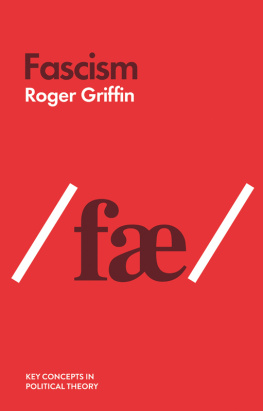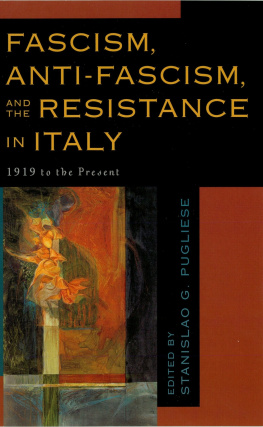THE BIRTH OF FASCIST IDEOLOGY
THE BIRTH OF FASCIST IDEOLOGY
Zeev Sternhell
with Mario Sznajder and Maia Asheri
THE BIRTH OF FASCIST IDEOLOGY
FROM CULTURAL REBELLION TO POLITICAL REVOLUTION
Translated by David Maisel




To the memory of Jacob L. Talmon
Contents
Introduction
Chapter One
Chapter Two
Chapter Three
Chapter Four
Chapter Five
Epilogue
Acknowledgments
This work is an expanded and improved version of a book published in France in 1989 and represents the results of an inquiry begun several years ago. It is also some time since several Ph.D. students in the history and political science departments of the Hebrew University in Jerusalem, whose work 1 had the privilege of supervising, began to interest themselves in the growth of Fascist ideology. In so doing, some of these young scholars came to investigate certain paths I had indicated in previous works. This applied particularly to the process of transition of the Left toward fascism.
Some of these studies have now come to fruition. Two of them have been incorporated into this book, to which each brings its own contribution. Chapters 3 and 4 are by Mario Sznajder, a specialist in Italian revolutionary syndicalism. Only a concern for presentation and a desire to offer the reader an integrated text caused me to revise their structure. Most of the material that enabled me to write Chapter 5 was provided by Maia Asheri, who has completed a study of early Italian fascism. Thus, many of the qualities this work may possess can be ascribed to my collaborators, but since the intellectual responsibility for the book and its general conception is mine, I am prepared to take the blame for its weaknesses.
As in all such cases in the last eighteen years, this book has benefited from the assistance of Georges Bensimhon. Whether it is a matter of essential problems or of the French language, Georges Benshimon has allowed no omission, no obscurity to pass him by. My gratitude toward this friend far exceeds anything I am able to express in these few lines.
The initial idea for this book took shape in my mind in 1983-1984, when 1 was a member of the Institute for Advanced Study in Princeton, New Jersey. The book progressed at Columbia University, where I spent profitable months in the summer of 1986, and two years later, thanks to an invitation from the French government, I enjoyed an especially rewarding period of work in Paris. The main part of the work, however, was carried out in 1986-1987 at the Institute for Advanced Studies at the Hebrew University of Jerusalem. My acknowledgments are due to its director, Menachem Yaari, and to the whole administrative staff headed by Shabtai Gairon and Bilha Gus. The invitation to pass a year in this center of research relieved me of my teaching responsibilities and allowed me to devote myself entirely to the preparation of this book. Our seminar of multidisciplinary research, in which Amatzia Baram, Sana Hassan, Menachem Friedman, George Mosse, Emmanuel Sivan, Michael Walzer, and Jay Winter in particular took part, was a source of great enrichment for me. As an assistant to this group, Anat Banine could not be faulted. Most of the reading and writing for the English edition of this hook was done during the year f 99f-f992, which I was happy to spend at the Woodrow Wilson International Center for Scholars in Washington, D.C. 1 want to thank the centers director, Charles Blitzer, and the director of fellowships, Ann Sheffield, for providing me with the opportunity to work in an outstanding intellectual environment and make the best use of my time.
Special thanks are due to the staffs of the following libraries: the National and University Library in Jerusalem, the Bibliotheque Nationale in Paris, the Italian National Libraries and Archives in Rome, the libraries of the universities of Columbia and Princeton, and the Library of Congress.
I am grateful to the S. A. Schonbrunn Foundation and the Leonard Davis Institute for International Relations at the Hebrew University for the financial assistance I received in most stages of my work on this book.
My final thanks go to David Maisel for an excellent translation, to Lauren M. Osborne, Editor, History and Classics, for her good advice along the way, and to Dalia Geffen for her skills and devotion in editing the manuscript.
-Jerusalem, Fall 1992
THE BIRTH OF FASCIST IDEOLOGY
THE BIRTH OF FASCIST IDEOLOGY
INTRODUCTION
Fascism as an Alternative Political Culture
This book is based on two assumptions. The first is that fascism, before it became a political force, was a cultural phenomenon. The growth of fascism would not have been possible without the revolt against the Enlightenment and the French Revolution which swept across Europe at the end of the nineteenth century and the beginning of the twentieth. Everywhere in Europe, the cultural revolt preceded the political; the rise of the Fascist movements and the Fascist seizure of power in Italy became possible only because of the conjunction of the accumulated influence of that cultural and intellectual revolution with the political, social, and psychological conditions that came into being at the end of the First World War. In that sense, fascism was only an extreme manifestation of a much broader and more comprehensive phenomenon.


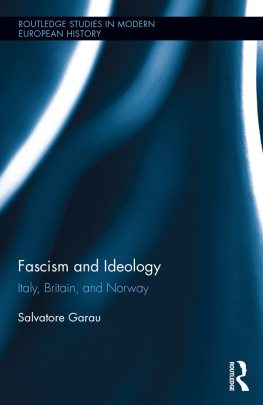
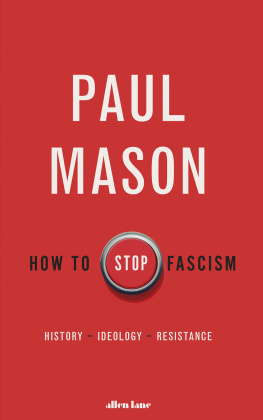
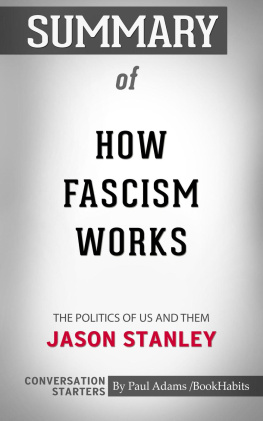
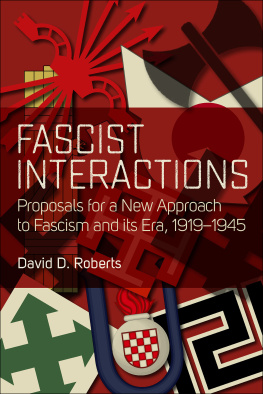

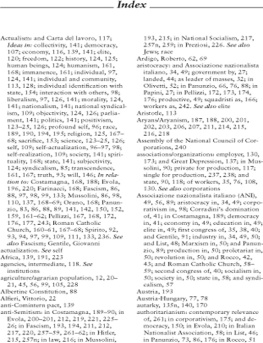
![Patrick G. Zander - Fascism through History [2 volumes]: Culture, Ideology, and Daily Life](/uploads/posts/book/262756/thumbs/patrick-g-zander-fascism-through-history-2.jpg)
